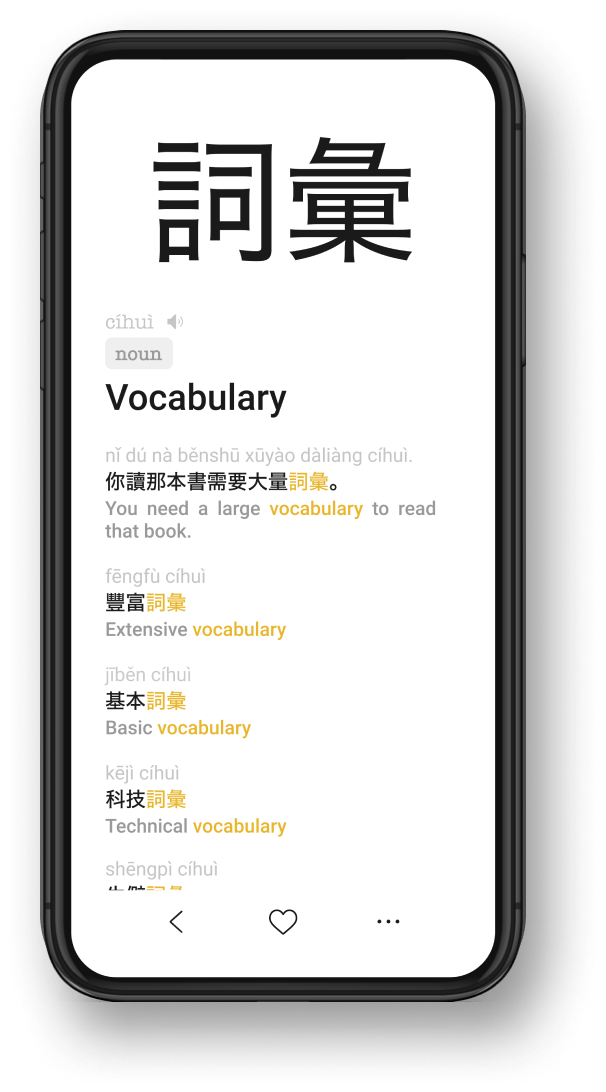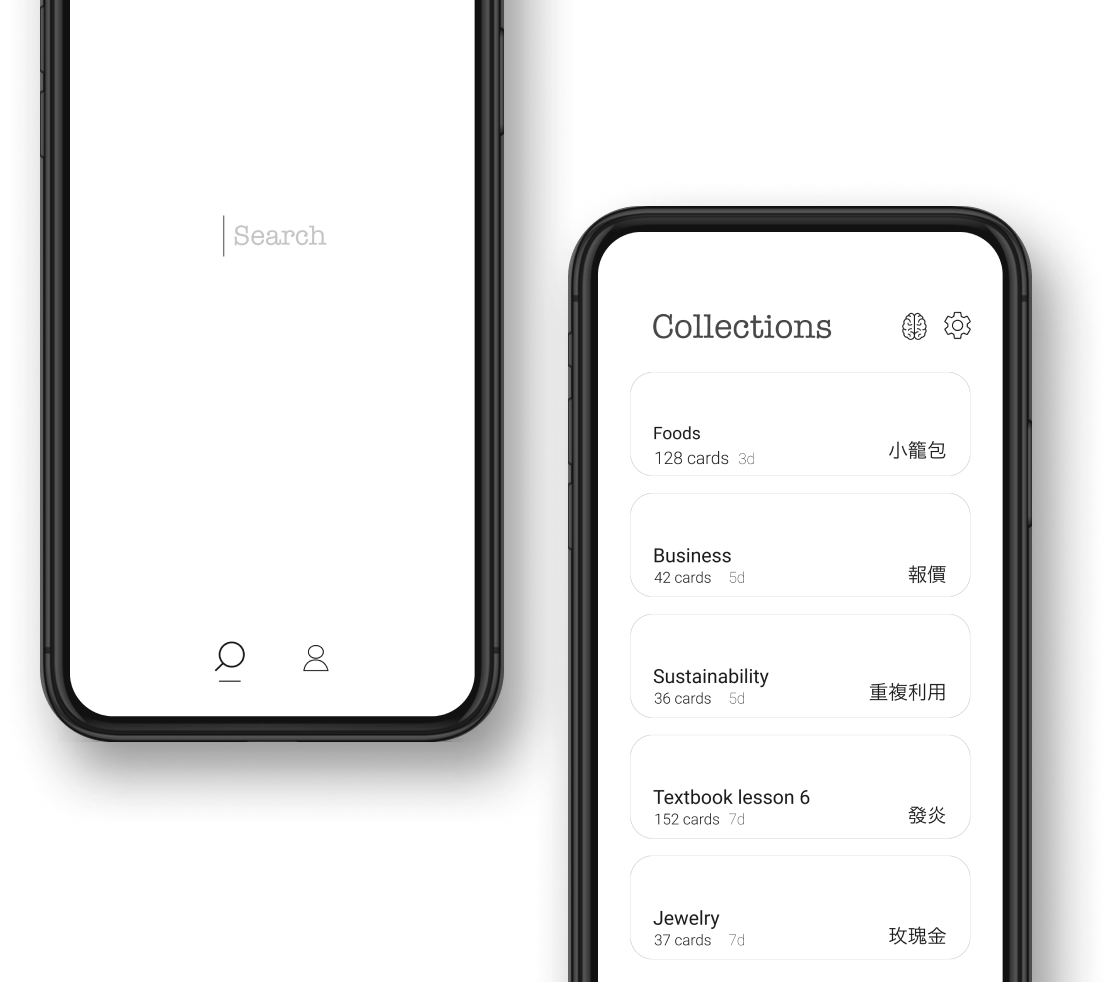Meaning of lǎo:
老
prefix used before the surname of a person or a numeral indicating the order of birth of the children in a family or to indicate affection or familiarity
Tāmen dōu jiào tā lǎo wáng, yīnwèi tā shì tāmen zhōng zuì niánzhǎng de.
他们都叫他老王,因为他是他们中最年长的。
They all call him Lao Wang, because he is the oldest among them.
old (of people); venerable (person); experienced; of long standing; of the past; outdated; (of meat etc) tough
Wǒ de yéye yǐjīng hěn lǎo le.
我的爷爷已经很老了。
My grandfather is already very old.
Zhè wèi lǎo xiānshēng hěn yǒu zhìhuì.
这位老先生很有智慧。
This venerable gentleman is very wise.
Zhè wèi lǎoshī yǐjīng hěn yǒu lǎo de jīngyàn le.
这位老师已经很有老的经验了。
This teacher already has a lot of experience.
Tā shì yīgè yǒumíng de lǎo yīshēng.
他是一个有名的老医生。
He is a famous senior doctor.
Tā shì wǒ de lǎo péngyǒu.
他是我的老朋友。
He is my old friend.
Wǒ jiā de diànshìjī hěn lǎo le, xūyào huàn yīgè xīn de.
我家的电视机很老了,需要换一个新的。
The TV in my house is very outdated and needs to be replaced.
Zhè kuài niúròu tài lǎo le, wǒ yǎo bù dòng.
这块牛肉太老了,我咬不动。
This piece of beef is too tough, I can't chew it.
always; all the time; very
Tā zǒng shì lǎo xiǎng jiā.
他总是老想家。
He always misses home.
Tā lǎo shí fàn tóngyàng de cuòwù.
他老时犯同样的错误。
He makes the same mistakes all the time.
Jīntiān de tiānqì lǎo hǎo le.
今天的天气老好了。
The weather today is very good.

